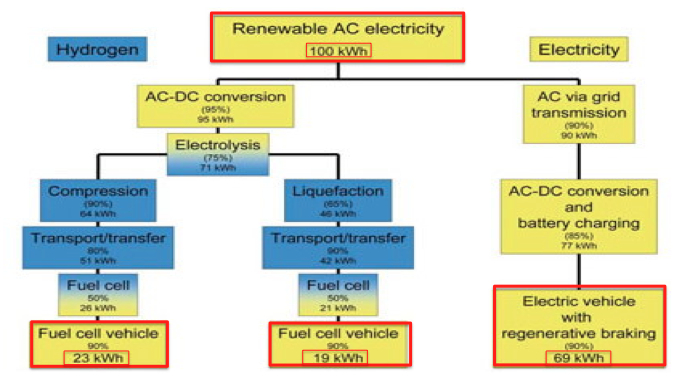Soldato
- Joined
- 3 Jun 2005
- Posts
- 3,346
- Location
- The South
But that's limitations of current EV chargers (well, a select few; as stated, there are 700kW induction chargers) rather than hard limitations of future charger/battery technology or potential power supply (7kW certainly isn't the limit for single phase).At home on 240v you will get 3kW or 7kW. If you can get 3 phase 400v you can move to 11kW, or if you are lucky and have a double charger in your Tesla, 22kW.
I'm sure there was a poster in the Tesla 3 thread, who worked at the National Grid, who stated that there was ongoing improvements to the network and infrastructure to increase capacity.That is as far as any plans for any improvements to the National Grid go.
So i'm not sure why you believe the National Grid aren't doing any improvements on the network?
Again, this is the current situation and it boils down to standardisation, like with any new product or technology. Once charging protocols become standardised then this whole argument becomes somewhat moot.....only people with Teslas can use them.
As previously mentioned, Tesla have open sourced a lot of their patents around their chargers, so other manufactures are open to use it in their products.
Why fossil fuels? Why not nuclear or renewable?...power stations (nom nom fossil fuels)
You'd possibly be correct if everyone had the narrow view that it's impossible to improve on the current battery (and surrounding) technology; but this simply isn't the case.....wasting money on batteries, which are so obviously limited.
Stating that a technology, which is still in its infancy and heavily being researched and developed, is 'dead' because of current specifications or limitations seems a bit idiotic to me when discussing a future replacement for the ICE.
If we took the same stance then the hydrogen fuel cell is dead because there's only four filling stations in the UK.




